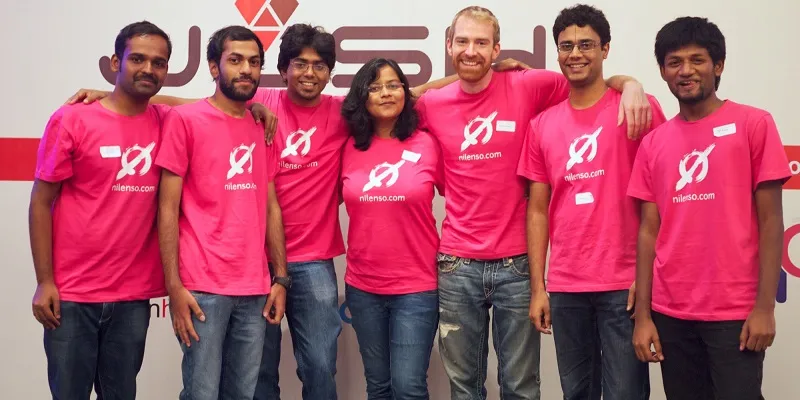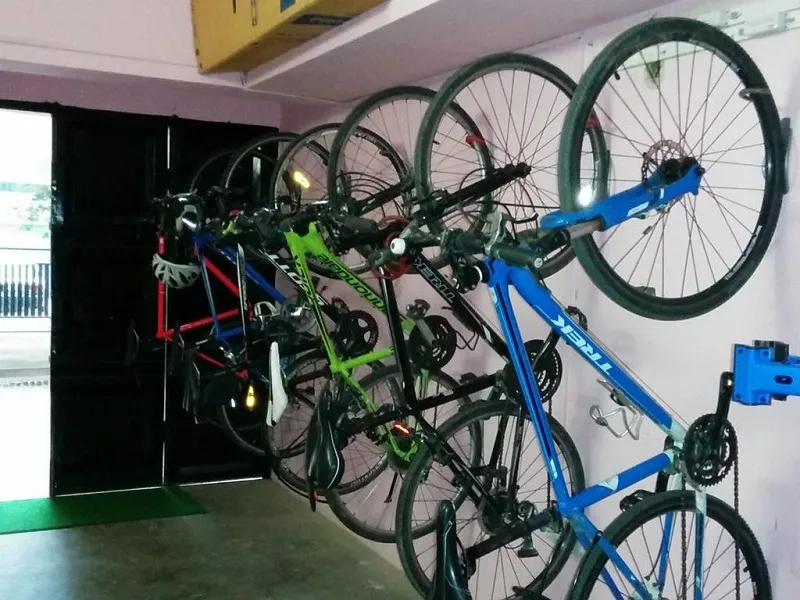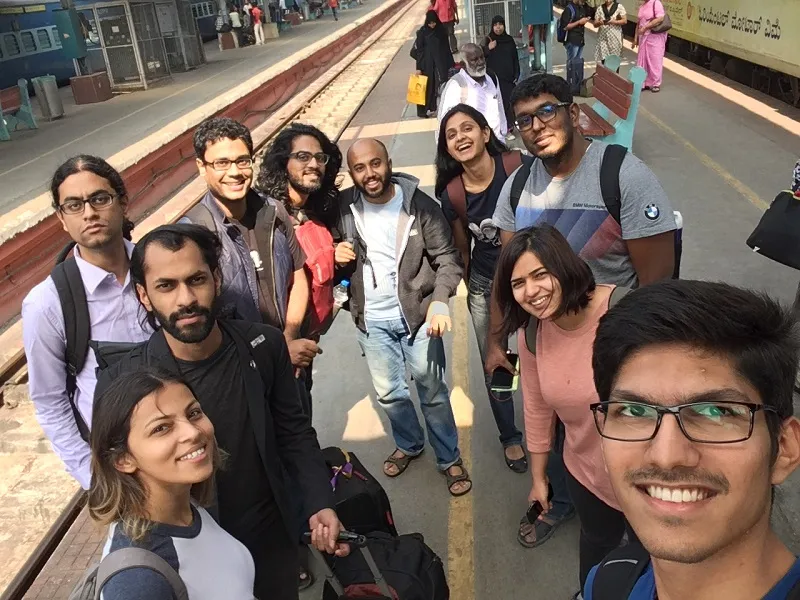nilenso: India's first software cooperative
What do people do when they come together to work towards a primarily economic goal? Well, for starters, they set up a business, a private limited or a proprietorship or any other form depending on their needs. But what if you’re not happy with a structure where the owners take a call on most things and decisions are mainly based on what makes economic sense? What if you’re seeking something else?
This was the situation in which this group of eight in Bengaluru found themselves. And they ended up forming a software cooperative! Yes, the exact premise on which Amul, the giant cooperative from Gujarat, was started.
Rumination on the structure
When the initial eight members of nilenso, who were all techies, found themselves unemployed, they got together to decide what was to be done. “To begin with, we weren't even certain we wanted to start a company, much less how it should be structured,” says Steven Deobald, one from the initial bunch of eight.

Before arriving at a co-operative ownership model, nilenso (at that time code-named 'Blueberry Farms') considered a variety of equity distribution models: equity dictated by tenure, individual “value”, or participation. Vesting periods, cliffs, and countless share structures were thrown around. They even considered decaying equity models, where leaving the company initiated the decay of one’s ownership.
For the members, every equity model had two fatal flaws. First, they were all pointlessly complicated for a company that only existed in their minds. Second, they couldn’t construct an equity model that didn’t fragment and rot over time. “We came to the conclusion that a cooperative was the structure least susceptible to organisational disintegration as it grows and changes,” says Deepa Venkatraman.
From there on
Thus, nilenso became the first software cooperative in India. Over three years later, 50 percent of the original “founders” have left, but the institution remains entirely intact with 100 percent of ownership with its current employees. Apart from Steven, Akshay Gupta, Nivedita Priyadarshini and Srihari Sriraman have stuck around. “Honestly, there is no such thing as being a part of the first eight here, it was only when Deepa spoke to us about this interview that it registered,” says Nivedita.
Over time, the company has done many interesting projects but they are particularly proud of their work with Staples / Sparx, where they have spent much of the past three years building machine learning runtimes, annotation engines, a multivariate experimentation platform, and runtime infrastructure. “We’ve basically built a platform where the company can perform a lot of experiments to optimise their website. For instance, the positioning of various items on screen, choosing the colour based on multiple factors, etc.,” says Akshay who is an expert in Clojure.
At an innovative payments company in the US, they are currently building on open source framework to generate dynamic single-page ClojureScript frontends and data access layers from only a schema. At an Asian Uber competitor, they have built the entire driver allocation platform and implemented fast geo-spatial search.
The company has also tried out their hand at building products of their own but they haven’t kicked off as expected. Both their projects are in use in the open source world, the most notable being Kulu.
Work++
The interesting aspect with nilenso is that it looks at work and life holistically for its employees and all efforts are towards achieving a well-rounded situation. Still working towards it, nilenso doesn’t make high claims of working on earth-shattering projects but presents a calm picture of how the employees can get meaningful work and still have enough time to pursue creative or other endeavours.
“Internally, our structure and policies are constantly changing. As much as possible, we try to announce these changes with a blog post or other documentation,” says Steven. Over the past few years, nilenso has managed to release their Partnership Agreement as an open document, publish policies (salaries, menstruation leave, etc.) and make all internal documentation and communication available to all employees.
Since nilenso doesn’t have any “management” in any traditional sense, it is free to make its own policies. “Our menstruation leave policy and our maternity / paternity leave policy are based on what we, collectively, felt was the right thing to do. Our policy of continued education has its roots in the Fifth Principle of Co-operatives but goes beyond that: we are actively teaching our operations staff English, have an extensive library, and regularly attend conferences,” says Deepa.
Where policy is too restrictive, nilenso tries to establish progressive guidelines. The coop segregates and composts all its waste, and encourages staff to do the same at home. Most nilenso employees get to work by bicycle, though some are considering electric scooters and cars.

“We are also free to spend our money how we see fit. In the early days, this meant ensuring everyone had a powerful workstation and a comfortable chair. Later, we began experimenting with new business models. Where our investments haven’t worked out, we have released everything we built as open source: (wikenso / kulu),” says Deepa.
What’s the flipside?
nilenso has been a fabulous experiment till now. Talking of the downsides of the model, speed can be an issue. The structure inherently slows down the decision making process (which might eventually turn out to be for the better). The other flipside can be that nilenso probably loses a lot of potential members to conventional ways of thinking.

Thoughts on the current scenario and way ahead
Corporate co-operatives are a very common model around the globe but technology co-operatives are a new phenomenon. There are still very few truly employee-owned tech co-ops.
To sum up, Deepa and Steven write,
'Impact' is a buzzword that is thrown around in both the startup and non-profit worlds. It is paradoxically vague and yet conjures up images of the altruistic elimination of poverty. Lately, we’ve preferred the term 'progress', in a silly attempt to reclaim the word from 19th-century industrialists. Eliminating poverty is obviously progressive. But we also place next-generation payment systems, unorthodox corporate structures, and deep-learning generative music synthesis software under this same banner.
At its core, progressive work ultimately means open (open source, open documents, open networks, open data) systems, which we can experience, directly or indirectly.
The cooperative presents a pleasant alternative to the numerous technology startup stories we hear. A simple desire to work on interesting, meaningful projects and how best to collectively work towards making it happen.
Website: Nilenso







